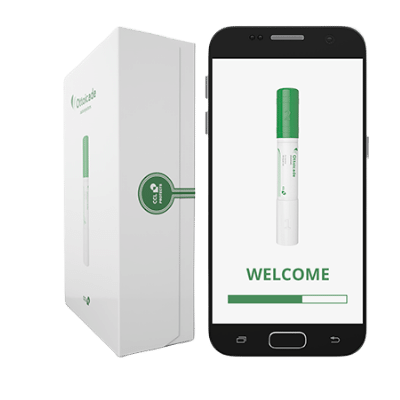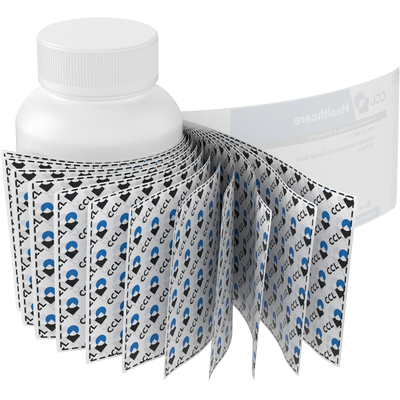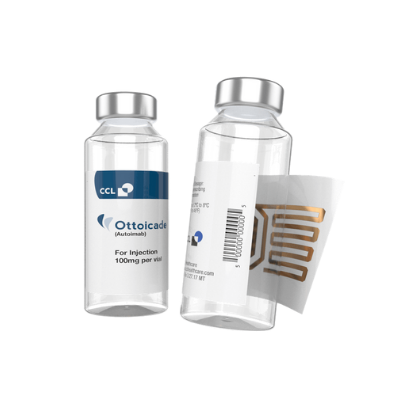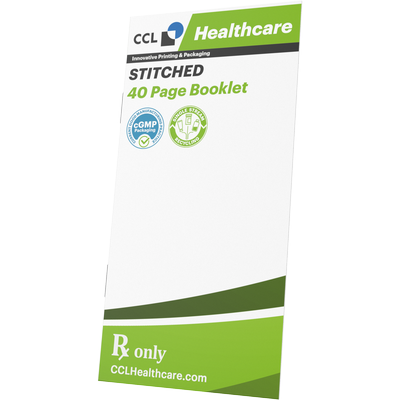Pressure Sensitive Labels

Pressure sensitive labels, also known as self-adhesive labels, are a type of label that adheres to a surface when pressure is applied. These labels are made of three layers: the facestock (the label material), the adhesive layer, and the liner (the backing material).
When pressure is applied to the label, the adhesive layer sticks to the surface, creating a bond. This type of label is commonly used for product labeling, packaging, and branding purposes.
Smart Labels and NFC: Enhancing Customer Engagement Before and After

Smart Labels and NFC: Enhancing Customer Engagement Before and After the Sale With the advancement of technology, companies are constantly exploring ways to enhance the customer experience. One way to achieve this is through the use of smart labels and NFC technology. Smart labels are a type of RFID label that uses near field communication […]
Inserts, Outserts, and Booklets

Printed Patient Inserts and Outsert Leaflets CCL is a trusted provider of printed patient inserts and outserts for medication information with a wide variety of options for large format folding capabilities. With a focus on producing lightweight, pharmaceutical-grade printed literature, CCL has the expertise and experience needed to create high-quality materials that meet the demands […]
Expanded Content Labels (ECL)

An Expanded Content Label (ECL) is a booklet or leaflet encompassed into a self adhesive, fully laminated label with an adhesive tab. This multi-page solution is generally suitable for a wide variety of packaging types and is ideal for directions for use, informative labelling and multilingual information.
Radio Frequency Identification (RFID)

RFID stands for Radio Frequency Identification, a technology that uses a microprocessor chip and an antenna to receive RF energy from a reader and transmit information back to the reader. The chip has a UID (Unique Identifier) embedded into the memory that cannot be changed, making RFID an ideal solution for authentication. The chips on RFID inlays have memory that allows the encoding of important information about the products: such as lot and expiration. Depending on the memory requirement, RFID can be used to store the most basic information to thousands of bits of information.
Medication Start up Guides

A medication start-up guide is a comprehensive guide that provides information and guidance to patients who are starting a new medication. The guide typically covers a range of topics related to the medication, including dosing instructions, potential side effects, and safety information.